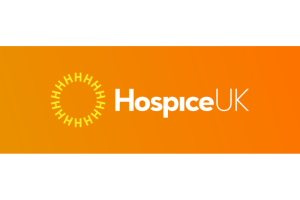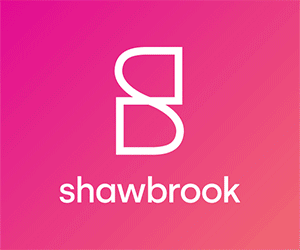Kate Terroni, Chief Executive, United Response, asks if our recruitment isn’t diverse and our EDI goals don’t change outcomes, are we really committed to inclusion, or just performing it?
Meaningful inclusion goes beyond representation. It’s about building spaces and cultures where every person feels valued, heard, and empowered to contribute.
For the people United Response supports, this means genuine choice and real influence in decisions that shape their lives. It means high-quality services that are accessible, respectful, and tailored not only to needs and preferences, but also to their personal goals. That might look like support to build a new romantic relationship, opportunities to join social activities that reflect their passions, guidance for applying for a first job, the freedom to choose what and when to eat, the ability to travel to a place of worship, or chances to participate in self-advocacy projects.
For my colleagues at United Response, inclusion means fair and transparent recruitment, career progression opportunities, and a culture where speaking up is welcomed. It means training that builds awareness of equity and bias. As Chief Executive, I – together with my leadership team – model inclusive behaviours, communicate honestly, and hold ourselves accountable for the actions we take, including where we get things wrong.
For me, meaningful inclusion is about moving from participation to influence to action, and it’s this that creates a true sense of belonging. As part of our new strategy, I want United Response to be a genuinely inclusive place to work. Only 4.8% of people with a learning disability are in work, we’re aiming to change that, both in United Response and the wider world. In the first quarter of this year, our employment services enabled 42% of the people we support into paid employment, and we are ambitious about seeing that number grow. For recruitment, that means hiring teams that truly reflect the diversity of the communities we serve. We’re reviewing every step of our process to make it more accessible, training hiring managers to recognise unconscious bias, and using diversity data to check our progress.
I know that organisations often stumble when they focus on intentions instead of outcomes and I’m striving not to fall into that trap. We can’t rely on having the right policies and training and guidance, we also have to change the culture. I believe honest conversations are part of what can help. I host monthly Coffee and Connect sessions where every colleague in the organisation is invited to share feedback, frustrations, and ideas. Each time, more people feel confident enough to speak openly. Over time, I hope this creates the safety and trust we need for the deeper conversations I want to have – about privilege, bias, and inequity – that will move us forward.
I believe that for United Response to be inclusive we need to continue to put lived experience at the heart of everything we do and strengthen the impact of the people we support’s voice when it comes to shaping our organisational strategy. Over the summer I met with our People’s Forum, the group of people we support who help us to shape our work, and I asked what they wanted us to prioritise in our new strategy. Their top two priorities were to feel safe and free from discrimination and hate crime, and to have more opportunities to have new experiences and do the things they love.
Inclusion at United Response won’t come from my words or intentions alone. It will be measured by what people experience every day – whether they are supported by us or work alongside us. United Response is on a journey towards being a truly inclusive organisation, but it is a journey that doesn’t have a final destination. Inclusion isn’t about being perfect, it’s about always reflecting, learning and taking action to improve.







